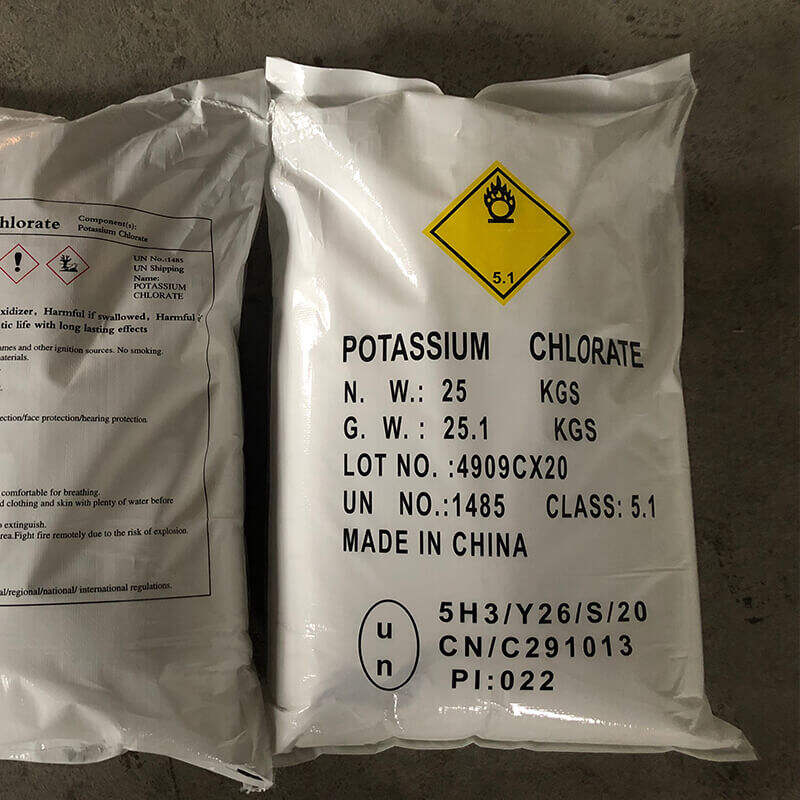

Potassium chlorate is used in chemical oxygen generators (also known as chlorate candles or oxygen candles), used in oxygen delivery systems such as airplanes, space stations, and submarines, and is responsible for at least one plane crash.
What happens to potassium chlorate when heated?
When heated strongly, potassium chlorate decomposes into potassium chloride and oxygen. In the presence of MnO2 catalyst, the decomposition rate is faster.
What is the Difference Between Potassium Chloride and Potassium Chlorate?
Potassium chlorate is a useful oxidant and is easily produced in small amounts using household chemicals. The addition of potassium chloride moves the ions and precipitates potassium chlorate. For this reaction to work, boiling is required; you can’t let the bleach evaporate.
Is the decomposition of potassium chlorate a redox reaction?
The thermal decomposition of potassium chlorate is not excessive, it is just a redox reaction. Disproportionation refers to the fact that the same product has both the functions of an oxidant and a reductant, resulting in compounds containing the same product having different oxidation states.
How is potassium chlorate broken down?
Potassium chlorate is thermally decomposed to obtain oxygen and potassium chloride. The reaction takes place between 150-300 °C. In this reaction, manganese(IV) oxide can act as a catalyst.
We are the chosen partners for fireworks&Civilian bomb industries worldwide, helping our customers design for efficiency, reuse resources, and revitalize natural systems.

Sign up to get regular product updates and promotion offer.
No.71-18 Anshan West Road Hezhou City Guangxi China
sales@ap-chems.com